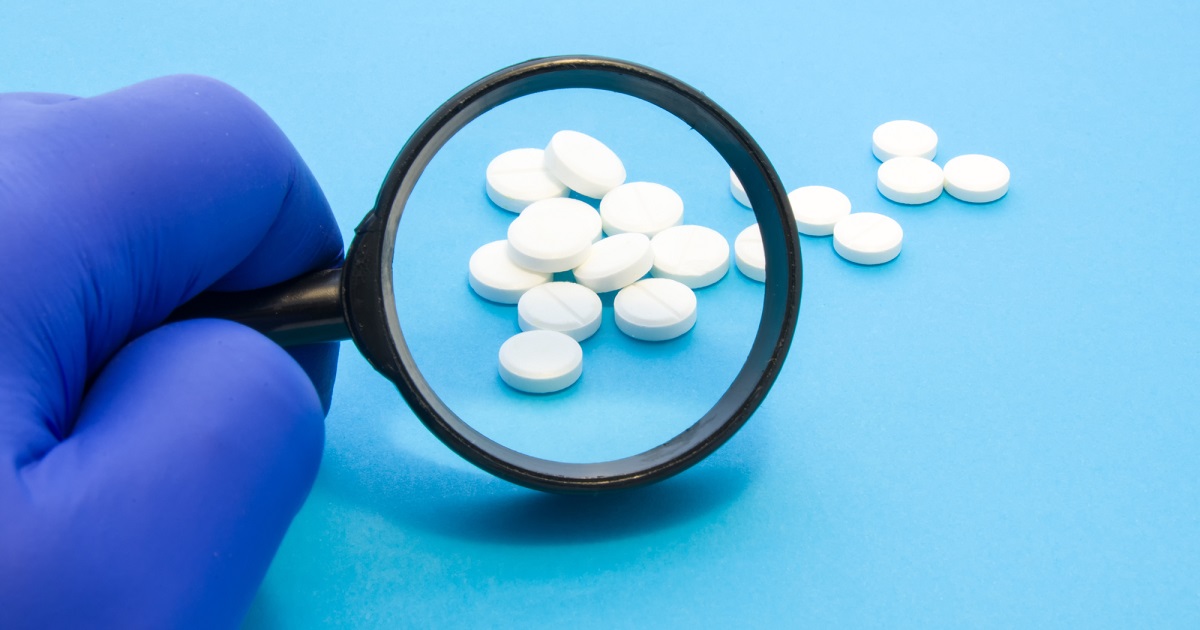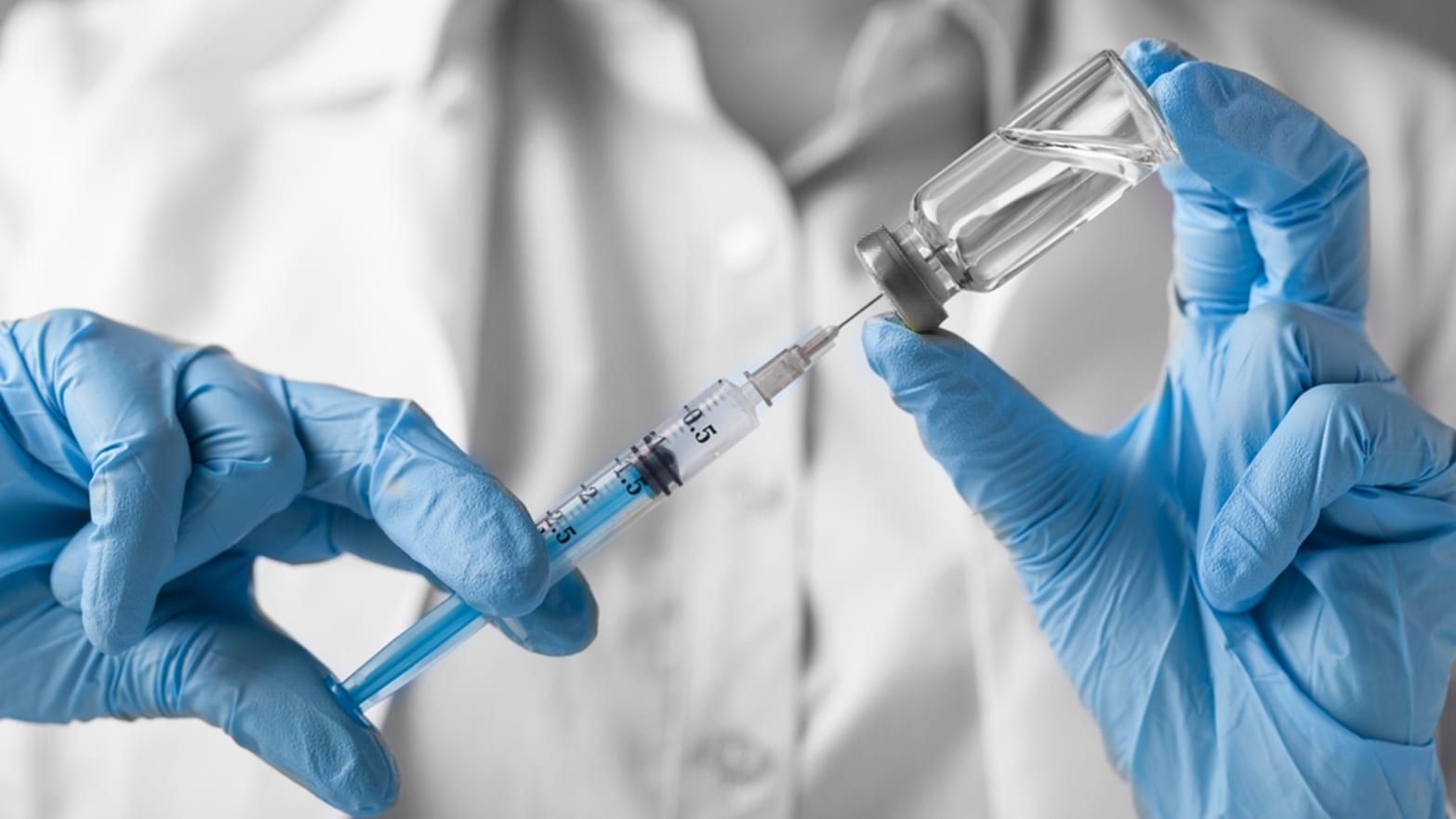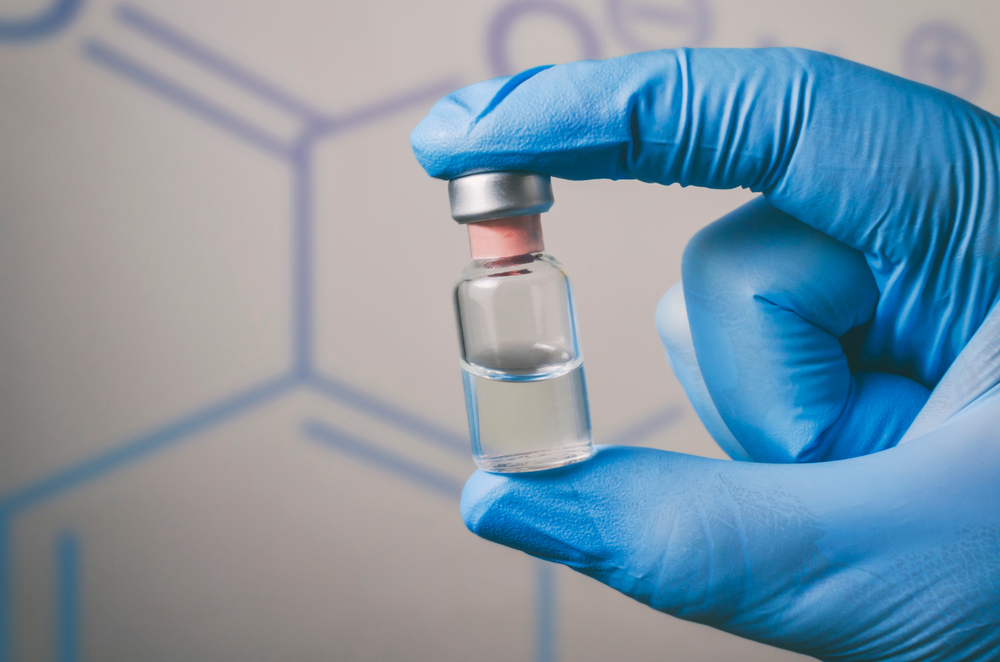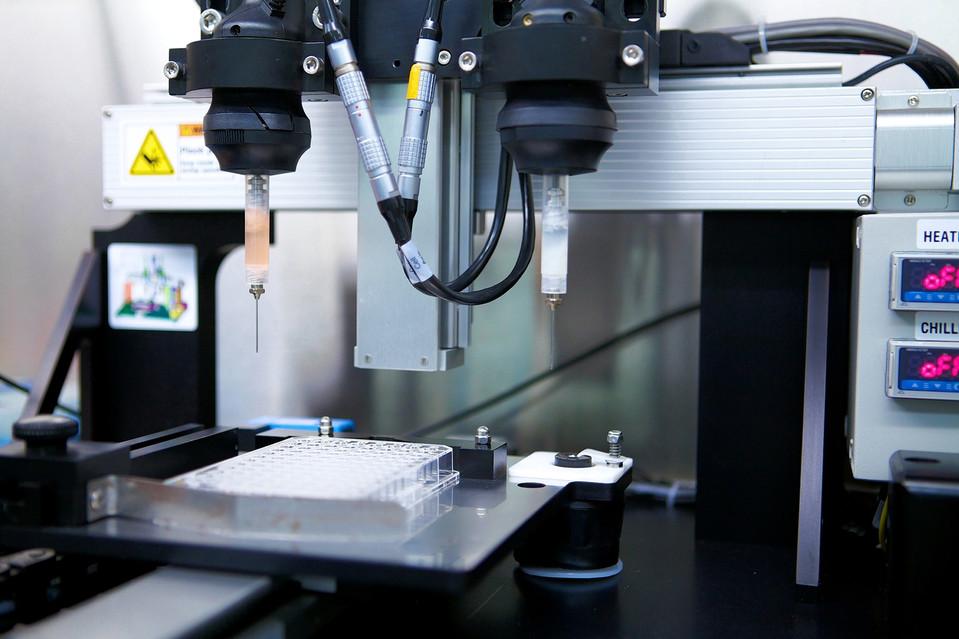Тематический план
Иностранный язык в профессиональной деятельности

Дисциплина: Английский язык в профессиональной деятельности
Направление подготовки: 33.04.01 Промышленная фармация
Курс: 1, семестр 2
Кафедра: иностранных языков
Количество часов: 72/2 (практические занятия: 28 ч., СРС: 44 ч.)
Форма контроля: зачёт
Форма занятий: практические
Аннотация: Данный электронный курс предназначен для самостоятельной работы магистрантов в рамках изучения дисциплины " Английский язык в профессиональной деятельности " и может быть использован для отработки пропущенных занятий и долгов. Курс разработан на основе действующей рабочей программы по дисциплине, основан на аутентичных материалах профессиональной направленности и его содержание включает необходимые темы для формирования иноязычной профессиональной коммуникативной компетенции магистрантов, обучающихся по направлению подготовки 33.04.01 Промышленная фармация. Тематическое деление курса не повторяет, но дополняет содержание РП; дополнительные учебные материалы непосредственно коррелируют с изучаемыми темами.
Основные темы для изучения:- Quality assurance;
- Medical pharmacology;
- Drug discovery and development;
- Drug Delivery Systems;
- Innovations in Pharmaceutical Industry;
- Dosage forms and prescriptions.
🧪T1.1. Quality assurance

- Просмотреть
- Просмотреть
- Просмотреть Получить оценку Получить проходную оценку или выполнить все доступные попытки
- Просмотреть Получить оценку Получить проходную оценку или выполнить все доступные попытки
- Просмотреть Получить оценку Получить проходную оценку или выполнить все доступные попытки
- Просмотреть Получить оценку Получить проходную оценку или выполнить все доступные попытки
🧪T1.2 Medical pharmacology

- Просмотреть
Study the keywords before proceeding to the text
- Просмотреть
Read the text which explains what medical pharmacology is and what it studies.
- Просмотреть Получить оценку Получить проходную оценку
This test corresponds to the text "What is medical pharmacology?" Make sure you have read it before you start?
- Просмотреть Получить оценку Получить проходную оценку или выполнить все доступные попытки
Match the words with their definitions
- Просмотреть Получить оценку Получить проходную оценку или выполнить все доступные попытки
Please, read and fill in the gaps with the proper words
- Просмотреть
Watch the video about one of the most common viral diseases
- Просмотреть Получить оценку Получить проходную оценку или выполнить все доступные попытки
Make sure you have watched the video before you start.
- Просмотреть
Read the text to know what antiviral drugs are.
- Просмотреть Получить оценку Получить проходную оценку или выполнить все доступные попытки
This task corresponds to the Text 2. "Antiviral drugs". Make sure you've read it before you start.
🧪T1.3 Medical pharmacology

Clarification to Text 1.
- Read the text thoroughly and copy down all the unknown words in your dictionary.
- Take this task seriously - you will have the translation task.
- Просмотреть
Read the text which explains what vaccines are and why they are of importance.
- Просмотреть Получить оценку Получить проходную оценку или выполнить все доступные попытки
This test corresponds to the text "What are vaccines?" Make sure you have read it before you start!
- Просмотреть Получить оценку Получить проходную оценку или выполнить все доступные попытки
Match each word with its definition.
Make sure you have read "What are vaccines?" before you start!
- Просмотреть Получить оценку Получить проходную оценку или выполнить все доступные попытки
- Просмотреть Получить оценку Получить проходную оценку или выполнить все доступные попытки
Translate the words and word combinations.
Make sure you have read "What are vaccines?" before you start!
- Просмотреть
Watch the video
- Просмотреть Получить оценку Получить проходную оценку или выполнить все доступные попытки
Choose the word in the drop-down menu.
Make sure you have watched the video before you start.
- Просмотреть Получить оценку Получить проходную оценку или выполнить все доступные попытки
Choose the word and drag it in the corresponding gap
Make sure you have watched the video before you start.
- Просмотреть Получить оценку Получить проходную оценку или выполнить все доступные попытки
Listen to the audio file and fill in the gaps with the words you hear.
🧪T1.3/2 Drug discovery and development

Clarification to Text 1.
- Read the text thoroughly and copy down all the unknown words in your dictionary.
- Take this task seriously - you will have the translation task.
- Просмотреть Получить оценку Получить проходную оценку или выполнить все доступные попытки
- Просмотреть Получить оценку Получить проходную оценку или выполнить все доступные попытки
- Do this exercise to know more about some terms used in the text you've read;
- Please, take your notebooks and pens and make up a dictionary of the unknown words while doing the exercise
- Просмотреть Получить оценку Получить проходную оценку или выполнить все доступные попытки
- Find the words corresponding to the given definitions in the Text you have read
- Просмотреть Получить оценку Получить проходную оценку или выполнить все доступные попытки

- Просмотреть Получить оценку Получить проходную оценку или выполнить все доступные попытки
- Просмотреть Получить оценку Получить проходную оценку или выполнить все доступные попытки
- Просмотреть Получить оценку Получить проходную оценку или выполнить все доступные попытки
- Просмотреть Получить оценку Получить проходную оценку или выполнить все доступные попытки
- Просмотреть Получить оценку Получить проходную оценку или выполнить все доступные попытки
- Просмотреть Получить оценку Получить проходную оценку или выполнить все доступные попытки
🧪T2.1 Drug Delivery Systems

Clarification to Text 1. What are Drug Delivery Systems?
- Read the text thoroughly and copy down all the unknown words in your dictionary.
- Take this task seriously - you will have the translation task.
- Просмотреть
- Просмотреть Получить оценку Получить проходную оценку или выполнить все доступные попытки
- Просмотреть Получить оценку Получить проходную оценку или выполнить все доступные попытки
- Просмотреть Получить оценку Получить проходную оценку или выполнить все доступные попытки
- Просмотреть Получить оценку Получить проходную оценку или выполнить все доступные попытки

- Просмотреть
- Просмотреть Получить оценку Получить проходную оценку или выполнить все доступные попытки
- Просмотреть Получить оценку Получить проходную оценку или выполнить все доступные попытки
- Просмотреть Получить оценку Получить проходную оценку или выполнить все доступные попытки
- Просмотреть Получить оценку Получить проходную оценку или выполнить все доступные попытки
- Просмотреть Получить оценку Получить проходную оценку или выполнить все доступные попытки
🧪T2.2 Innovations in Pharmaceutical Industry

3D printing drugs are the brand new technology in pharmacy which is driving the pharmaceutical industry towards personalized medicine.
Clarification to Text 1. 3D Printing in Pharmacy
- Read the text thoroughly and copy down all the unknown words in your dictionary.
- Take this task seriously - you will have the translation task.
- Просмотреть
- Просмотреть Получить оценку Получить проходную оценку или выполнить все доступные попытки
- Просмотреть Получить оценку Получить проходную оценку или выполнить все доступные попытки
- Просмотреть Получить оценку Получить проходную оценку или выполнить все доступные попытки
- Просмотреть Получить оценку Получить проходную оценку или выполнить все доступные попытки
- Просмотреть Получить оценку Получить проходную оценку или выполнить все доступные попытки

- Просмотреть
- Просмотреть Получить оценку Получить проходную оценку или выполнить все доступные попытки
- Просмотреть
- Просмотреть Получить оценку Получить проходную оценку или выполнить все доступные попытки
- Просмотреть Получить оценку Получить проходную оценку или выполнить все доступные попытки
- Просмотреть Получить оценку Получить проходную оценку или выполнить все доступные попытки
- The video extracts are inside this test
- Просмотреть Завершить и пройти задание Получить оценку
🧪T2.3 Dosage forms and prescriptions

- Просмотреть
- Study the table
- Просмотреть Получить оценку Получить проходную оценку или выполнить все доступные попытки
- Просмотреть Получить оценку Получить проходную оценку или выполнить все доступные попытки
- Просмотреть
- Просмотреть Получить оценку Получить проходную оценку или выполнить все доступные попытки
- Просмотреть Получить оценку Получить проходную оценку или выполнить все доступные попытки
- Просмотреть Получить оценку Получить проходную оценку или выполнить все доступные попытки
- Read the example and try to read some prescriptions
Итоговое тестирование
